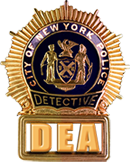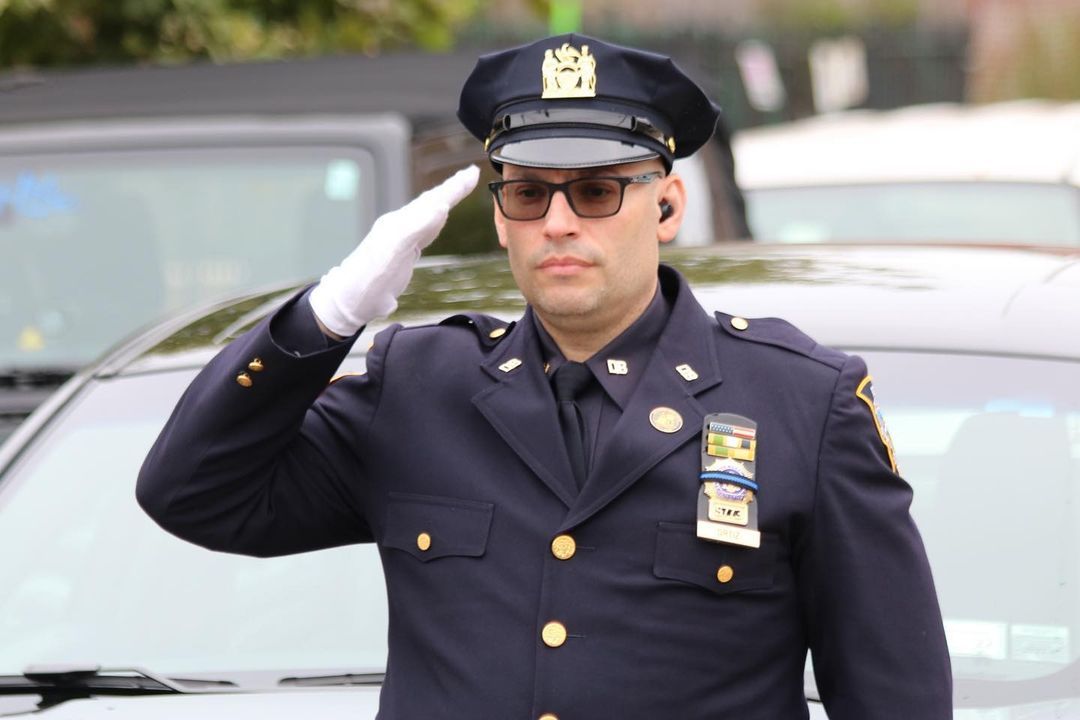As has been recently widely reported, the pending civil litigations against the City and the NYPD, stemming from the various George Floyd related protests, riots, and civil unrest that occurred in the summer of 2020, has reached a conclusion. As you may recall, when these lawsuits were first filed, the DEA made the strategic decision to seek Court permission to intervene as a party in these cases, and intervention was granted by the Court. We sought to join the lawsuits to ensure that the rights and interests of all NYC Detectives were best preserved and protected against any adverse and/or overreaching agreements made by the plaintiffs and NYC, and that we were protected against any court decisions in cases to which we were not a party. We remember all too well what happened in similar past cases — such as the so-called “stop and frisk” litigation — where we were merely “observers,” and not being an actual party to the legal proceedings, had no real voice or vote on the outcome of the settlement.
The settlement agreement in these protest matters contains several provisions that run directly between the plaintiffs and the City. Some of those provisions have little or no impact on Detectives. Other provisions address the Department’s ability to deploy appropriate resources deemed necessary to ensure the safety of MOS assigned to such protest and demonstration incidents.
Most importantly however, by intervening in these litigations, the DEA took great pains to, and was able to, ensure that the statutory and contractual rights of our members were, and will continue to be, protected throughout the settlement process. Specifically, the DEA was successful in having memorialized its rights, and the rights of every single Detective, to challenge and contest adverse actions undertaken by the plaintiffs, the City, and/or Department through the grievance apparatus in our collective bargaining agreement, or under applicable provisions of the New York City Collective Bargaining Law. Further, the DEA’s involvement in the litigations and the settlement agreement provides the Union with a valuable outlet before the federal court to ensure our rights are not trampled upon moving forward, and permits the Union to provide its unique perspective in the formulation of NYPD training programs, policies, and procedures emanating from this settlement. Any other police Union that was not a party to the litigations, and non-signatories to the settlement agreement, will not be afforded such rights and legal protections. Additionally, and no less importantly, by “having a seat at the table” and by its vigorous representation of our members, the DEA was able to avoid the judicial imposition of a federal court-appointed monitor, which as we know all too well, has currently resulted in uncertain and disadvantageous outcomes within the NYPD, as well as in the case of other uniformed City departments.
In sum, the DEA intervened in these litigations to protect the Union and our members’ hard fought for contractual and statutory rights. The settlement agreement, although certainly not perfect, achieves that paramount goal, and is a far cry from the relief the plaintiffs initially sought from the court. And, as mentioned, any “imperfections” that surface during the relatively short duration of the agreement, and that jeopardize our Union’s and our members’ rights, can be contested and challenged by the DEA in the appropriate contractual and legal forums. You can be sure that your DEA Board will always work tirelessly to ensure your rights are protected.





